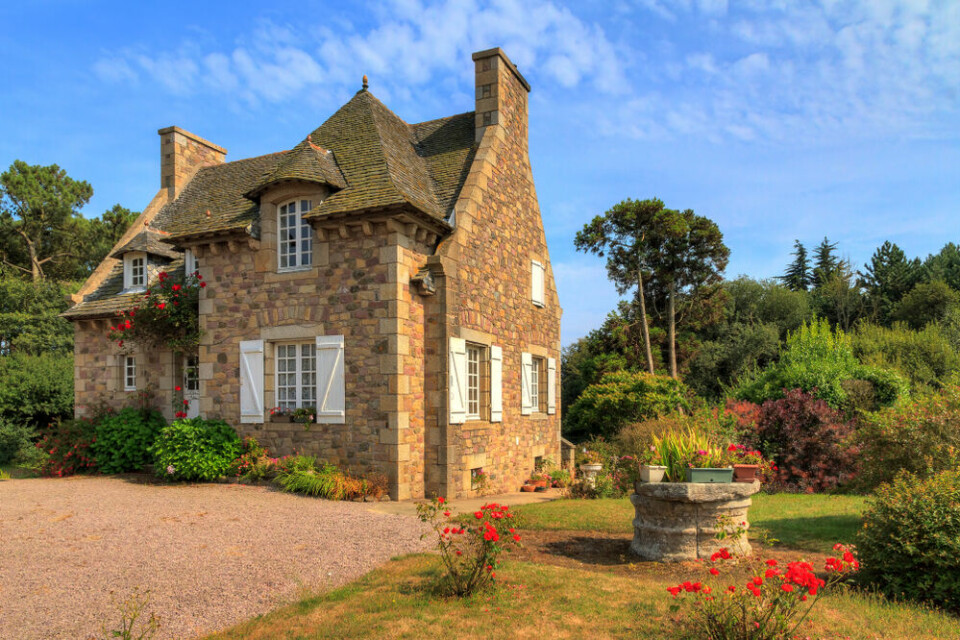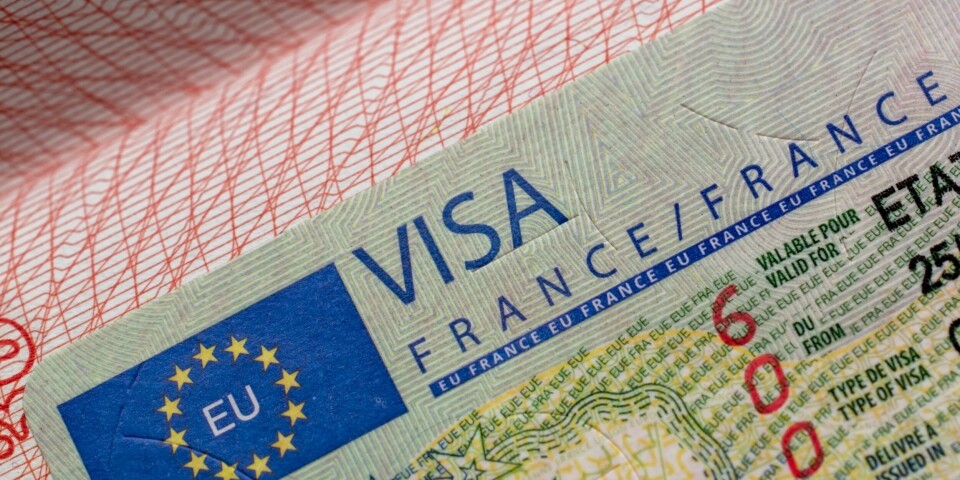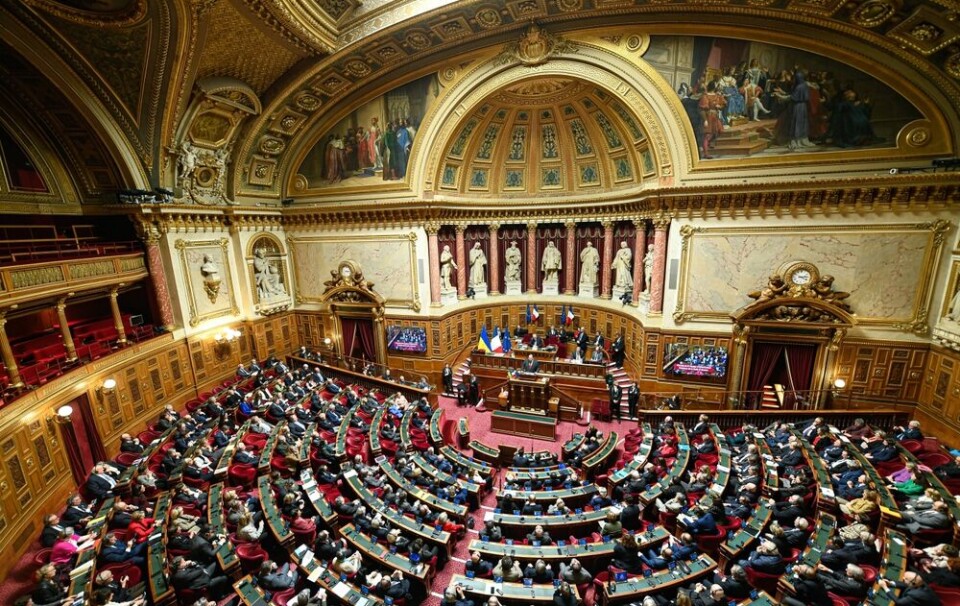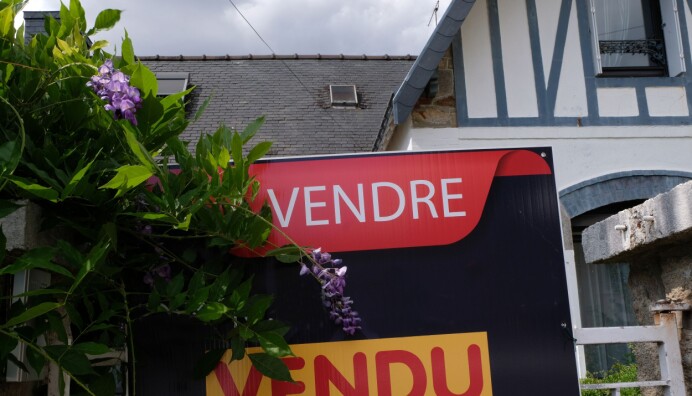French second home: in what cases can you be exempt from taxe d’habitation?
Reductions are no longer available but in certain cases owners can be exempted
Unlike with other taxes, the cases for exemption are now limited for the taxe d’habitation
Dennis van de Water / Shutterstock
There are two main property taxes in France – the taxe d’habitation and the taxe foncière.
The taxe foncière is a tax on property ownership and there are a number of possible exemptions and reductions. With the taxe d’habitation the exemptions are more limited and no reductions exist.
Read more: Taxe foncière explainer: Who pays and the exemptions
Here, we look at possible reasons for exemption from the taxe d’habitation and how you apply for this if it is relevant to you.
As a reminder, the taxe d’habitation is a property tax levied on furnished second homes.
In 2024, notices (avis) for the tax will be available on November 4 (if you do not pay the tax in monthly instalments), or November 18 (if you pay monthly) in your personal space on the French tax website. Paper versions will arrive slightly later. Payments of the tax to be made in one lump sum must be made by December 15.
Read more: Explainer: France’s taxe d’habitation property tax
One main exemption for the tax
With the taxe d’habitation itself (not to be confused with the potential surcharges for homes in zones tendues - areas classified as suffering from housing shortages - on unfurnished properties) no reductions are possible.
The state of the property (aside from whether it is furnished or not) and your income level do not affect the tax amount.
The bill for the tax is sent out by the authorities based on information they have on you and your property with the sole criteria being whether the property was a second home and not a main residence on January 1 of the given year.
One exemption is when someone moves out of their home to live in a residential care home or other long-term care facility, thus leaving their property uninhabited.
You request this exemption by contacting the tax authorities via your personal space on the French tax site. Alternatively, you can send a letter to or make an appointment at, your local tax office (centre des Finances Publiques). You can find – and make an appointment with – your local office through your online space via the Contact et RDV button.
Read more: Are there age related exemptions for property taxes in France?
A business-based exemption can exist
The second exemption is if the property is used as a short-term holiday let for part of the year - and the rest of the time as a second home - however there are conditions.
The property has to be in an area classed as a zone de revitalisation rurales (rural revitalisation zone, or ZRR), and be classified as a chambres d’hôtes or other furnished tourist accommodation lets (meublés de tourisme).
To apply for this exemption, you need to send form N1205-GD to your local tax office by December 31 of the preceding year.
If you use your second home for part of the year, and rent it out for the other part of the year, and it is not in a ZRR, you will be liable to pay both taxe d’habitation and cotisation foncière des entreprises (CFE) on the property.
Some exemptions from surcharge are available
In 2024, thousands of communes have decided to levy additional taxe d'habitation surcharges, as the rules around areas classed as having housing shortages were loosened.
Read more: Thousands more French second homes face 2024 tax rises
There are two reasons that you can be exempt from the taxe d’habitation surcharge levied on properties in zones tendues.
These are:
-
Your professional activity being close to your second home and requiring you to live there rather than in your main home (where other family members may live)
-
The residence being uninhabitable for reasons beyond your control. For example, work is needed to make the home decently habitable
You are also exempt from the surcharge if you have moved into a care home or other long-term care facility.
You can apply for these exemptions in the same way as for the main taxe d’habitation exemption (through the French tax website or a tax office).
You will still have to pay the main tax itself, even if you are exempt from the surcharge.
Read more: Why do only second home owners pay taxe d’habitation in France?

























